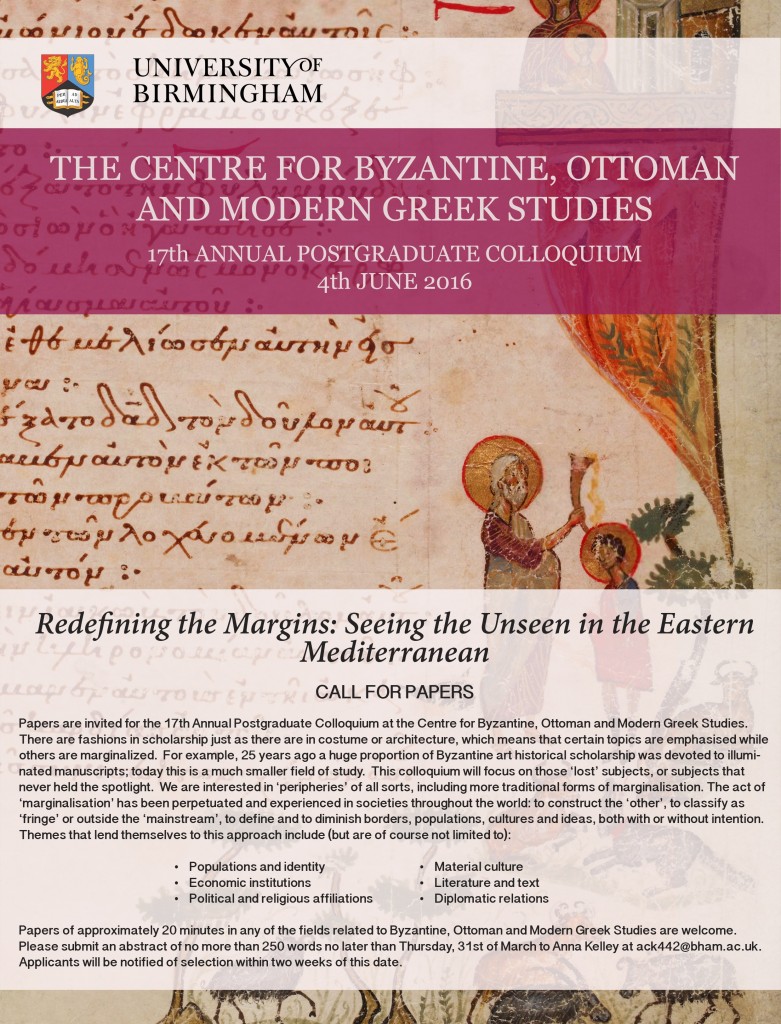London Summer School in Classics
The London Summer School in Classics (5-14 July, 2016) offers 8 days of intensive teaching in Greek or Latin, along with additional lectures and workshops. Language classes are offered at all levels from beginners to advanced. We also offer beginners’ classes in Syriac, Coptic and Biblical Hebrew. The course is non-residential and costs £150. Full-fee bursaries and travel grants will be available, and we are grateful for the support of the Classical Association and Hellenic Society. The deadline for applications is 1 June, 2016.
To register for this course, please contact the Classics Department:
E-mail: lssc@kcl.ac.uk
http://www.kcl.ac.uk/artshums/depts/classics/study/summerclass/index.aspx
King’s College London Summer School
Intensive courses in Ancient Greek
Intensive courses in Latin
This year King’s College London is again running two 6-week courses (27 June – 5 August, 2016) in Ancient Greek and Latin as part of the KCL Summer School. These courses offer students who have not previously had the opportunity to study Greek or Latin intensive training designed to bring them from complete beginners to a point where they are able to read simple texts. They are ideal for students who intend to study for a Masters or Doctoral degree to get ahead during the summer, thus acquiring an essential skill for their future research. They are also appropriate for teachers, undergraduates, mature students and anyone with an interest in the Hellenic or Roman world.
It is also possible for complete beginners to take just the first half of the course (27 June – 15 July), and for those who already have a basic knowledge to take the second half of the course (18 July – 5 August).
In addition to language learning, we offer workshops giving an introduction to skills such as epigraphy and papyrology, and there will be some specially arranged museum visits.
Accommodation is offered for these courses by King’s College London.
Bursaries to help cover the cost of fees will be offered by the Classics Department, and we are grateful to the Classical Association for their support. The closing date for bursary applications is 16 May. The closing date for applications to the Summer School is 31 May.
For further information and to apply, please see the King’s College London Summer School website:
http://www.kcl.ac.uk/study/summerschool/index.aspx
E-mail: summer@kcl.ac.uk
To apply for a bursary, please see: http://www.kcl.ac.uk/artshums/depts/classics/study/intensive2016.aspx
For any general queries about these courses, please contact Dr Fiona Haarer (fiona.haarer@kcl.ac.uk)


